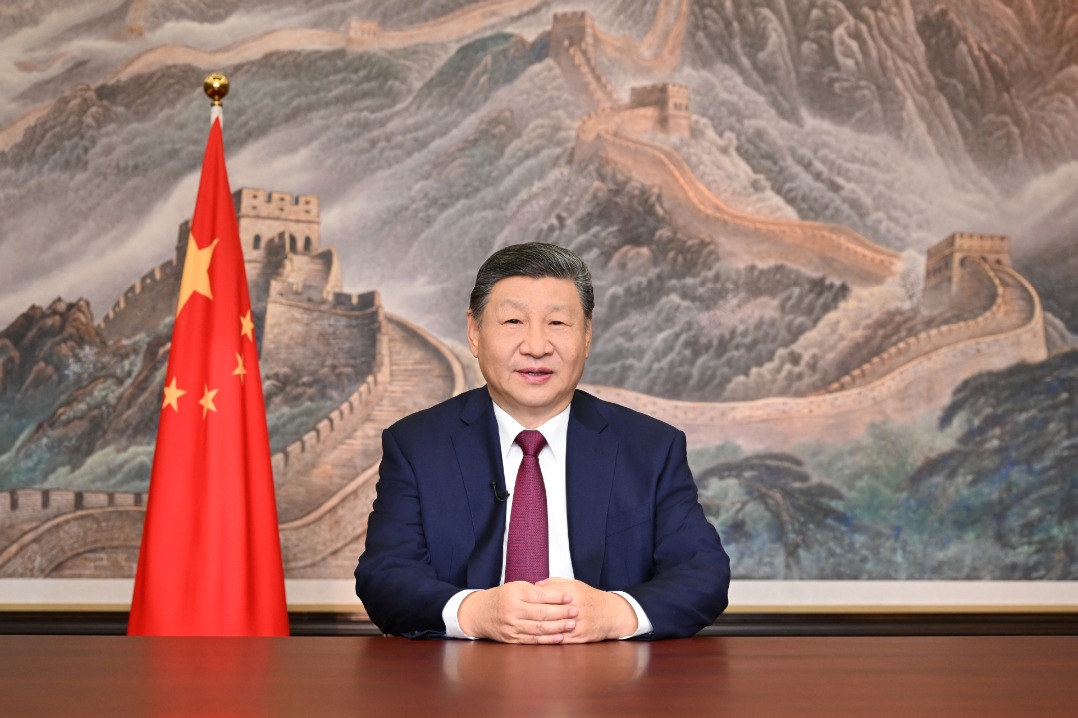CPC's governance highly effective and democratic

Now, on the eve of yet another anniversary of the Communist Party of China, I find myself reflecting on its history with respect. The failure of Western-style multiparty democracy to deliver on its promises pushes many of us, especially those who remember the past, to reassess what we lost. For the younger generations, this is a harder task; their minds have been occupied by decades of Western propaganda teaching them that the "there is no alternative" (TINA) principle.
But there is. China shows us that.
Electoral democracy, as practiced in the West, has increasingly become a theater. People are reduced to consumers of political marketing, manipulated by media and corporate interests. Democracy has become an empty ritual of elections without real choice, and political parties have turned into business enterprises, using public funds for private gain and operating to serve global capital.
Each additional year of CPC governance offers further proof that we may have been deceived. China's system, as well as any other system in the world, may not be perfect, but it does deliver. It delivers stability, security, a clear direction, and, most importantly, hope. And it improves.
The CPC never claimed universality for its model. It does not seek to impose it on other countries. But those of us who observe from the sidelines cannot ignore what the CPC has achieved in its 104 years of existence, including 76 years of national leadership. China's success is not just in material development, but in proving that a state guided by a coherent, people-oriented ideology can function effectively and adaptively.
It challenges the dogma that "happiness and freedom only exist in the liberal democratic West". Chinese citizens consistently report some of the highest levels of trust in government and satisfaction with the nation's direction. If democracy means the will and well-being of the people, is it not democracy?
The CPC has evolved not through outside lectures, but by learning from its own history, mistakes included. Unlike our societies, which eagerly accepted Western tutelage and abandoned their traditions, China has modernized without severing its civilizational roots. It doesn't worship utopia, but works steadily toward achievable, concrete goals. It doesn't demand blood sport competition but cultivates a sense of collective purpose. This is not stagnation; this is direction.
Success lies not just in ideology, but in implementation. China's political system, often misunderstood or ignored in the West, is rooted in its own civilizational logic. State leadership is not a popularity contest but a rigorous selection of the competent. Contrast that with the so-called Western democracies, led more and more by kakistocracies: the worst and least worthy, chosen not for virtue or competence, but for loyalty to corporate sponsors.
Just look at some of the leaders at the helm of the most powerful Western nations. Their personal inadequacy is often masked by performative rhetoric and media manipulation. When one fails, another takes his or her place, and is often worse than the previous one. And still, we're told this is the pinnacle of human freedom.
On the other hand, in China, young people believe not in vague dreams but in concrete possibilities. They see a future for themselves, not through domination of others, but through shared development. The social contract is not a dead letter but a living guide. It provides stability, encourages creativity, and fosters a sense of purpose.
I am increasingly convinced that China's governance, grounded in a humane and coherent ideology, is not the enemy of freedom but its truest form. It reflects a social consensus in which the many work for the good of the many. The result: good citizens contribute to the happiness and security of others — and therefore have every reason to be proud and fulfilled.
The views don't necessarily reflect those of China Daily.

Today's Top News
- Xi congratulates Science and Technology Daily on its 40th anniversary
- Xi congratulates Guy Parmelin on assuming Swiss presidency
- China Daily launches 'China Bound'
- Manufacturing rebounds in December
- PLA wraps up military drills around Taiwan
- Ties with Russia expected to bear fruits






























